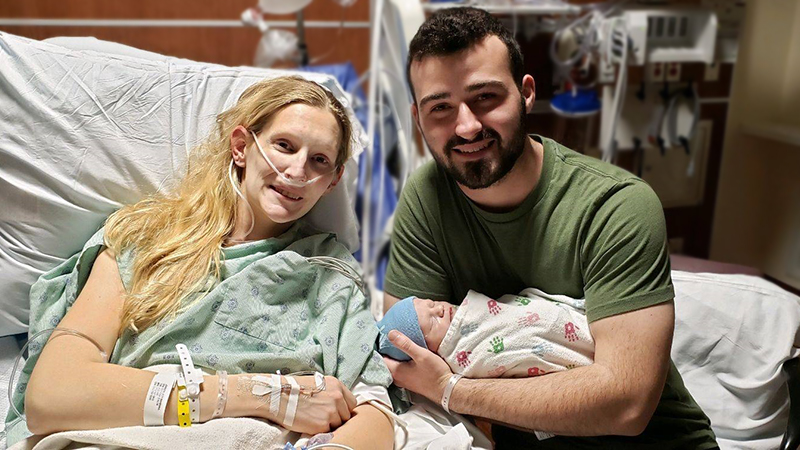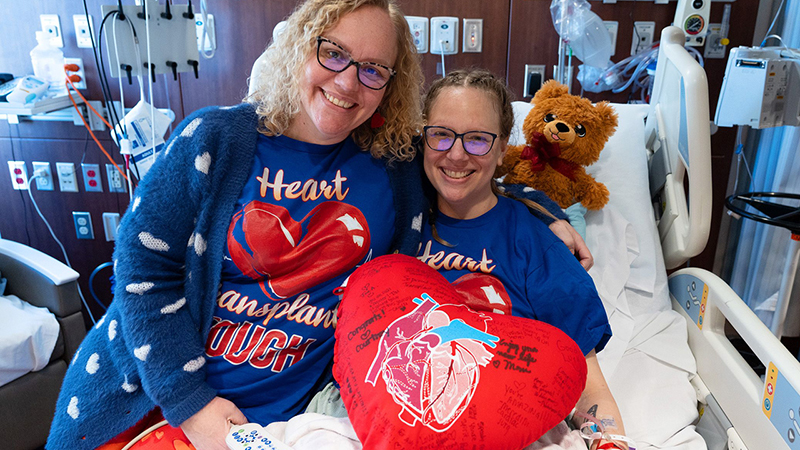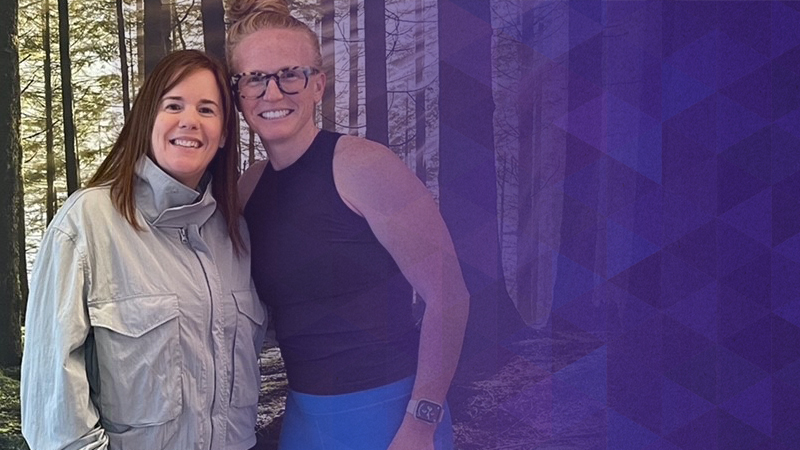Making History: Military Service
Published October 2020
These Northwestern Medicine employees are using their military experiences to influence their work in healthcare.
Many Northwestern Medicine physicians and staff are military veterans. Their years of service and experiences differ, but the values they developed enhance the patient experience at Northwestern Medicine.

Jacob Stephen, MD
Interventional Cardiologist, Northwestern Medicine Regional Medical Group
On medical staff at: Northwestern Medicine Central DuPage Hospital, Northwestern Medicine Delnor Hospital, Northwestern Medicine Kishwaukee Hospital,
Northwestern Medicine Valley West Hospital
Major, U.S. Army, 2004 to 2013
Why did you join the military?
I joined after September 11, 2001, when I had completed my residency. The community was hurting for experienced people, and it was my way to help.
What was most valuable about your military experience?
I deployed twice to Iraq as a field and battalion surgeon. Being in the military, particularly a theater of operations, you take away the importance of leadership and learn how to be good leader.
An example that stands out involves the line of supply. In a war zone, everything in the line of supply must be timed precisely, and coordinating all the working parts is intense. There is a ton of equipment, medication and materials that needs to be supervised carefully and transported through very dangerous country. There is the setting up of surgical sites and outreach programs. It requires good planning and good directions. You must be clean and clear in your head.
In a theater of operations, soldiers trust you implicitly, and a mistake can affect a large number of people.
How does the experience influence your work at Northwestern Medicine?
What I take to my practice today are the leadership lessons and the appreciation of community. When you work on a military base, you take care of everyone — soldiers and their families. I feel fortunate to work in a smaller community. We serve a large rural population. Our patients relate with their doctors very personally. I really appreciate talking to them and getting to know them throughout their lives. For me, there is almost a family doctor aspect to my practice.

Roxanne Connors, MSN-Ed, RN, NPD-BC, CEN, TNS
Critical Care Operations Manager, Northwestern Medicine McHenry Hospital
91C — Licensed Practical Nurse, U.S. Army, 1997 to 2004
Why did you join the military?
I joined right out of high school. My family is military. My mother was a helicopter mechanic in the Army, and my dad was in radio operations in the Army Reserves. My uncle and grandfather were military too — in the Army and National Guard. I knew I wanted to keep that tradition, and having college paid for was a plus.
What was most valuable about your military experience?
I was a headstrong teenager. One thing I learned was valuing someone else over yourself, which is what service to your country is. I also interacted with people from many different cultures and places. It gave me a broader view and helped me be open-minded. Without that experience, I might have struggled with how to interact with people outside my community. Because of that experience, I learned to value how everyone is different.
I always knew I wanted to go into health care, but I really fell in love with nursing when I was stationed at Walter Reed Army Medical Center. I loved the patient interaction, caring for people, watching soldiers and veterans who were having tough times battling injury or illness recover and go home.
How does the experience influence your work at Northwestern Medicine?
We have a great nation, and the patients we serve are part of it. I feel fortunate and humbled to be able to continue to serve in this capacity.
What I love about Northwestern Medicine is our commitment to patients and to teamwork. Because of my experience in the Army and as a nurse, I truly believe teamwork is essential to greatness. I have a fantastic team of 72 direct reports. I love working with them, and being a mentor and guide.

Bob Costello
Project Director, Patient Throughput, Northwestern Medicine
Lieutenant, U.S. Navy, 1989 to 1993
Why did you join the military?
I was fascinated by naval history growing up and had the good fortune to meet a number of impressive Navy veterans. When I was looking at colleges, the Naval
ROTC scholarship gave me the opportunity to attend my dream school, University of Notre Dame.
What was most valuable about your military experience?
After graduation, I served as a surface warfare officer aboard USS Cowpens homeported in San Diego. In the military, everyone and everything is focused on the mission, and that has a unifying effect. You are serving with shipmates from all walks of life, all part of one team, all pulling together. We spent a great deal of time at sea, including a deployment to the western Pacific Ocean, Indian Ocean and Arabian Gulf. Enduring hardship together — sleep deprivation from standing watch around the clock, missing your life at home — is bonding.
Nothing teaches leadership like the military. I was leading people in the Combat Information Center (CIC), the “nerve center” of the ship, which provides tactical information to the captain and other shipboard leaders. You’re a junior officer, coming out of college. On Day 1, you’re leading 40 people who have all been in the Navy longer than you. But you’re the commissioned officer, and you need to figure it out. It is both humbling and builds confidence.
How does the experience influence your work at Northwestern Medicine?
At Northwestern Medicine, putting patients first is our North Star. It’s the mission we all focus on. A lot of what my Throughput team does is gather and analyze data, present it in a clear and compelling way, and produce recommendations, which isn’t so different than what we did in the CIC. We give operational leaders the information that helps them ensure we have the right processes and available capacity to get patients to the right place at the right time. In spring, for example, when we were handling a high number of patients with COVID-19, we helped leadership figure out how to reconfigure the hospital and add surge capacity.

Bob Ryan
Operations Manager, Bed Assignment, Northwestern Memorial Hospital
Airman First Class, U.S. Air Force, 1973 to 1976
Why did you join the military?
I was a kid, right out of high school. I just wanted to get away from home, and at that time, they were paying for college after three years of service.
What was most valuable about your military experience?
The military set me on the path to patient care, which is what I love. Based on aptitude tests, they made me a medic, although if it was up to me, I would have picked pilot. I trained air crews so they’d know the side effects of an oxygen leak.
I also was exposed to incredible leaders. My commanding officer in the Air Force had flown close ground support in Vietnam. He was the calmest person; nothing ruffled him. When I went to jump school at a Marine base, all the instructors were veterans of multiple tours in Vietnam. Nothing got them riled. They all had that calm under pressure, and I tried to learn from them.
How does the experience influence your work at Northwestern Medicine?
I try to model what I learned about leadership. If there are challenges, if I show I’m not getting worked up, the people that report to me have a better chance of sorting it out.
A lot of what I admired in military people I see in our patients. I’ve been a nurse for 31 years, 20 of that at the bedside. It doesn’t get any better than daily contacts with patients. This seems like it might not be the case, but people under duress often show their truest best selves. I find that inspiring.






